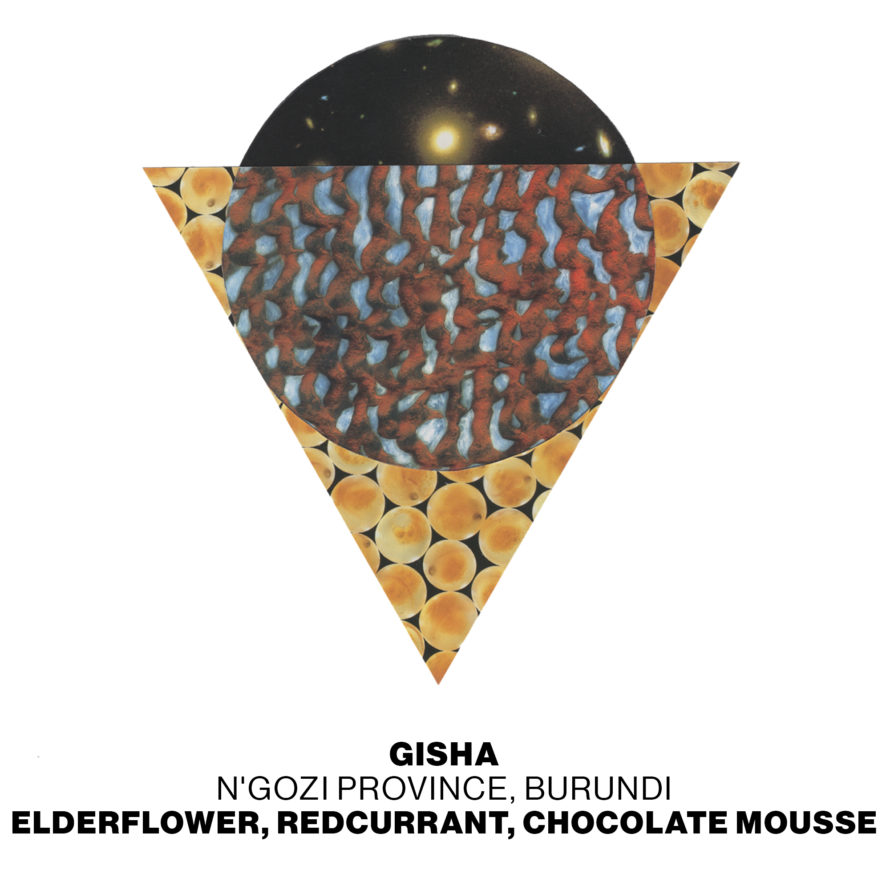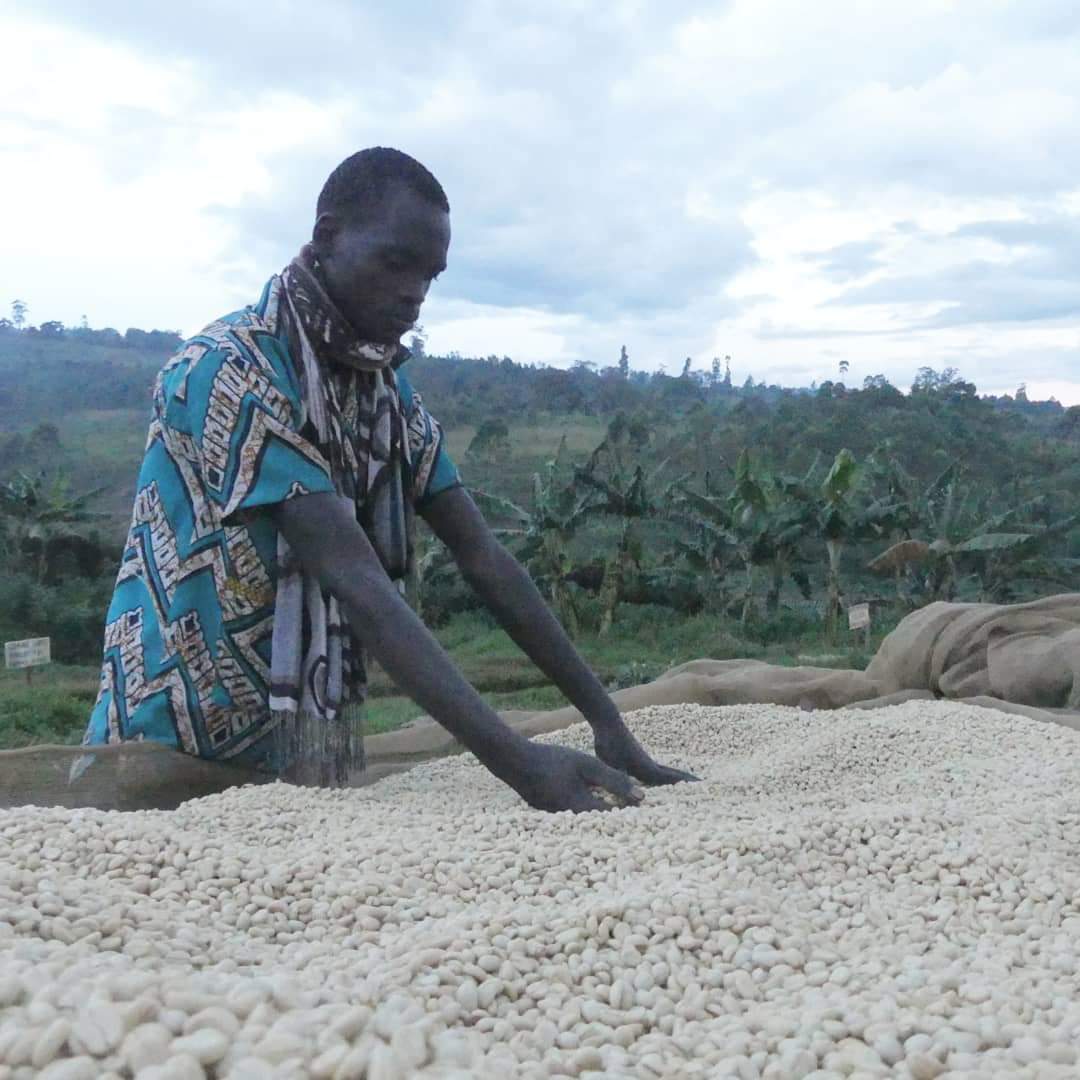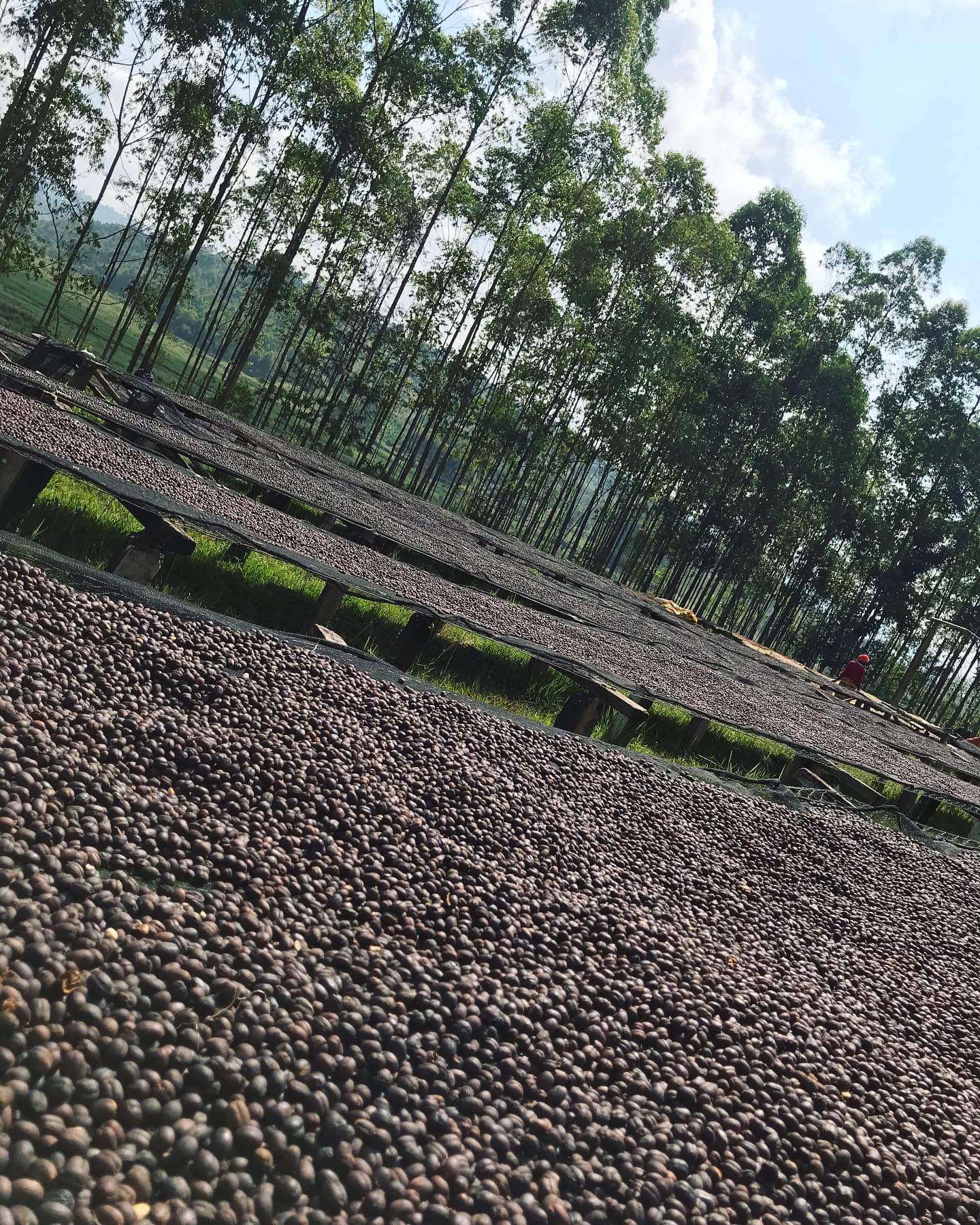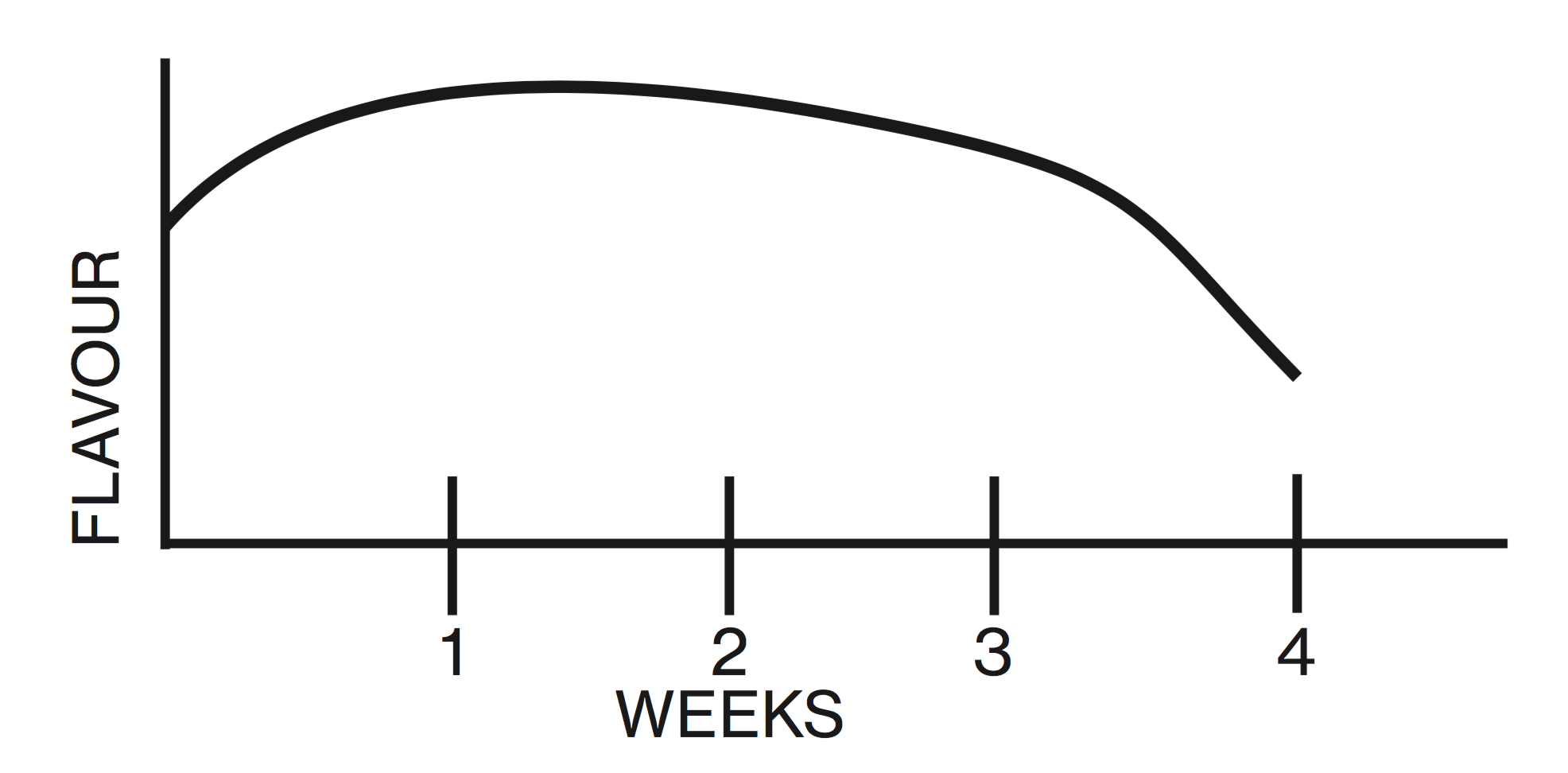
Description
A wonderfully clean and fruity coffee from Burundi, ‘Gisha’ is characterized by many layers of complexity and depth. Delicate floral notes of coffee blossom and elderflower are followed by gentle red berry acidity. The milky, chocolate finish reminds us of our favourite dessert puddings; like a creamy tiramisu or a sweet chocolate mousse! This is a coffee which perfectly reflects our signature roasting style at Ancoats – high sweetness and depth of flavour, developed to reflect the origin. Medium-bodied and well-balanced, Gisha is suitable for a range of brewing methods.
Price range: £14.00 through £33.00
Producer
Cup Profile
Elderflower, Redcurrant, Chocolate MousseCountry
BurundiPreparation
NaturalTerroir
N'Gozi ProvinceGenetics
Red BourbonAltitude
1660mCup Score
Description
A wonderfully clean and fruity coffee from Burundi, ‘Gisha’ is characterized by many layers of complexity and depth. Delicate floral notes of coffee blossom and elderflower are followed by gentle red berry acidity. The milky, chocolate finish reminds us of our favourite dessert puddings; like a creamy tiramisu or a sweet chocolate mousse! This is a coffee which perfectly reflects our signature roasting style at Ancoats – high sweetness and depth of flavour, developed to reflect the origin. Medium-bodied and well-balanced, Gisha is suitable for a range of brewing methods.
This coffee has been produced by the Tangara Commune in the N’Gozi province, which is situated in the North West of Burundi, bordering Rwanda. The many smallholder farms from the community bring their crop to the Gisha washing station, where they process it mainly by drying on African beds. The washing station belongs to an old family company and regularly produces coffee which places high in the annual Burundian Cup of Excellence


Burundi is known (albeit not as widely as its East African neighbours) for producing high-quality coffee with distinctly bright, sweet, clean and floral flavour profiles. As a country, it’s had its share of setbacks which have affected the coffee industry – Notably the Civil War of 1993-2005, which led to the destruction of many coffee trees and village communities. Farms were abandoned or fell into states of neglect. In the years after the war ended, private companies and the newly elected president began to invest money and support in revitalising the industry and the livelihoods of producers. Many farmers began from scratch, focusing more on producing and selling to the specialty coffee market, as a way to rebuild the economy. At present, workers in the coffee industry and the families they support make up almost 50% of the country’s population, and coffee quality is increasing year on year!

